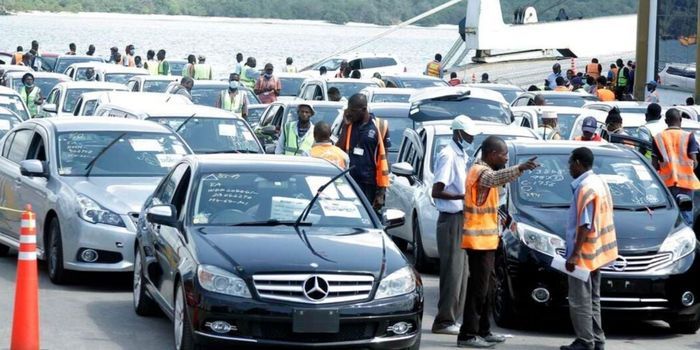Kenya has taken a significant step towards making vehicles more affordable through a new automotive cooperation agreement with Germany, aimed at boosting local assembly and reducing reliance on costly imports.
Germany’s Deputy Ambassador to Kenya and Trade Counsellor, Alexander Fierley, highlighted the renewed partnership during a visit to the Kenya Vehicle Manufacturers (KVM) facility in Thika on Thursday, August 21. He commended CFAO Mobility Kenya for supporting KVM in resuming local assembly of “German machines,” including popular Volkswagen brands such as the Touareg, Tiguan and T-Cross, under a Completely Knocked Down (CKD) arrangement.
“Germany recognizes the critical role that the automotive industry plays in economic development,” Fierley said. “Our renewed cooperation with Kenya seeks to build stronger linkages between our industries, foster innovation and technology transfer, and support the country’s local manufacturing ambitions and regional competitiveness.”
CFAO Mobility Kenya Managing Director, Arvinder Reel, noted that the investment in KVM aligns with efforts to enhance access to vehicles by cutting assembly costs. “Through our investment at KVM, we are providing more job opportunities, offering skills transfer from global OEMs, supporting local suppliers through increased content input, and making vehicles more affordable for Kenyan consumers,” Reel explained.
The partnership is expected to create wider opportunities in the sector, ranging from technical training to parts production and mobility solutions. Local assembly is seen as a key strategy in lowering vehicle costs by cutting import-related expenses while strengthening Kenya’s industrial base.
KVM currently assembles vehicles from a wide range of brands including Mercedes Trucks and Buses, Volkswagen, Tata, Renault, Hyundai, JMC, MAN, Foton, Eicher, Kinglong, UD Trucks, and electric buses from BasiGo. With the government pushing for industrialization, vehicle assembly is likely to expand further in the coming months.
The move also comes against the backdrop of major changes in how imported cars are taxed. From May 2025, the Kenya Revenue Authority (KRA) will adopt a new valuation method that bases customs duty on the actual price paid for second-hand vehicles, replacing the old Current Retail Selling Price (CRSP) system. This shift is expected to make taxation fairer but could also fuel greater interest in locally assembled alternatives.

